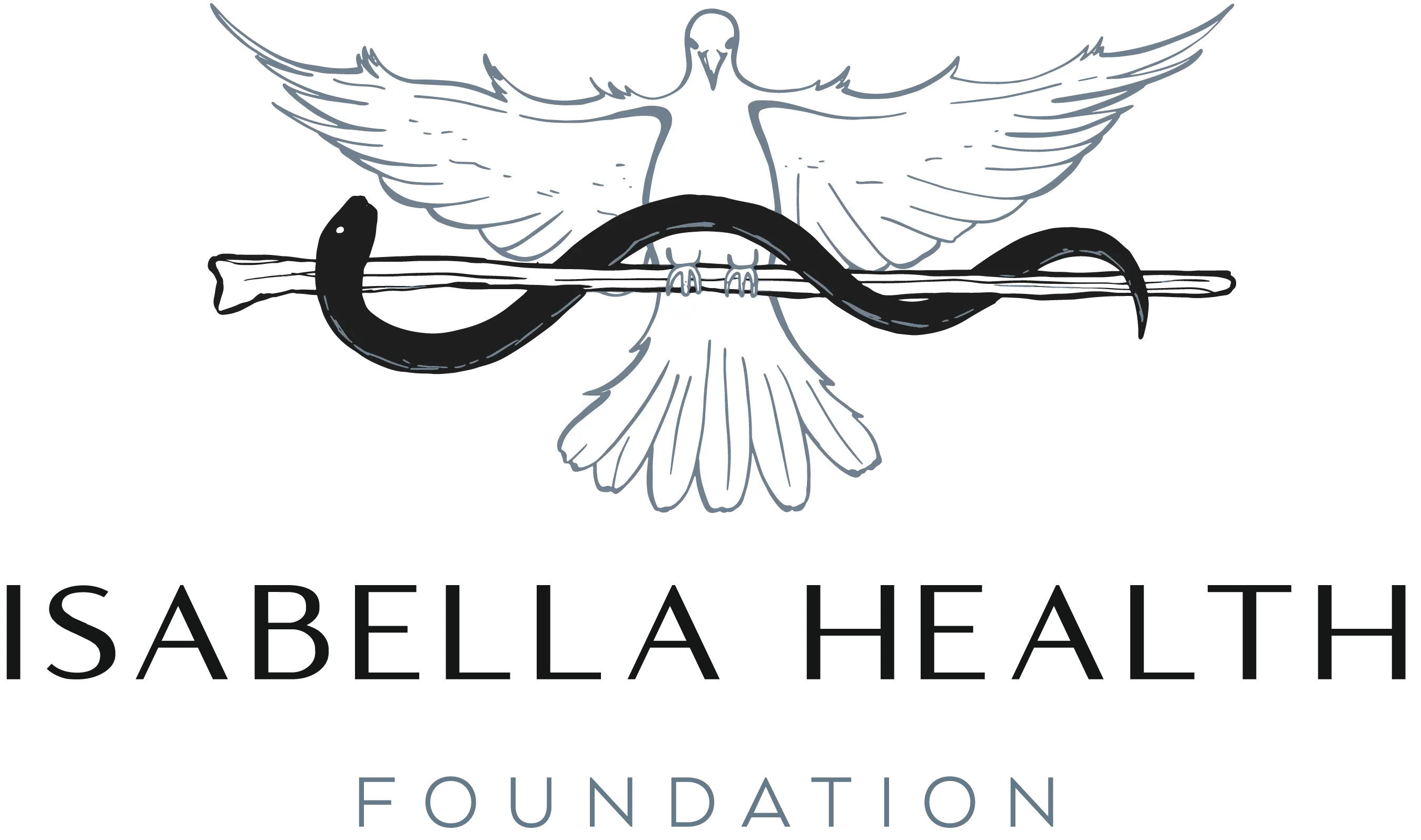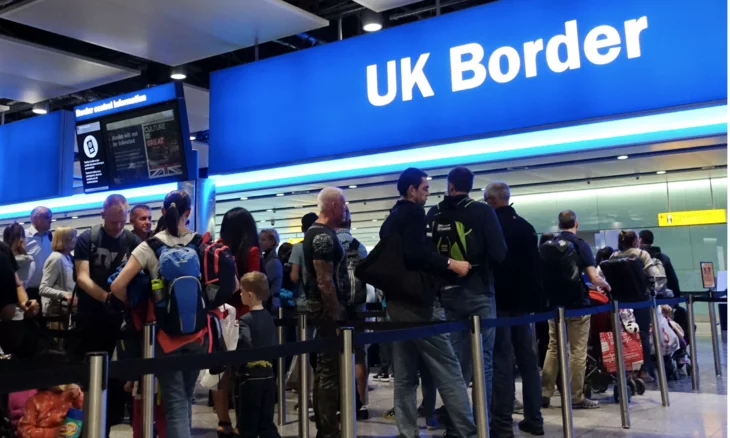By: Josh Lowe
Josh Lowe is a freelance writer and editor specializing in public policy and social affairs.
This August, police in Glasgow, Scotland, broke down the door of an apartment and made a tragic discovery. They came upon on the body of a 34-year-old woman, Mercy Baguma. Her one-year-old child, Adriel, was crying in a cot nearby — authorities believe he had been alone and without food for at least three days. A charity familiar with Mercy Baguma’s case said she had been living in “extreme poverty.” Originally from Uganda, she was in the process of claiming asylum in Britain, but shortly before her death she had lost her right to work.
An investigation is ongoing into the cause of Baguma’s death — we cannot yet ascribe blame. But media reporting on her case has already drawn public attention in the UK to the plight of many ordinary people like her who, due to deliberate policy decisions, are left unable to access state support.
The so-called “no recourse to public funds” (NRPF) condition bars most foreign-born people who live in Britain from claiming public welfare, Baguma among them. Across the country, foreign-born people have found themselves at heightened risk of disease, trapped in homelessness, or had their health otherwise endangered. The policy has long been a target of criticism among campaigners for migrants’ rights. But the spread of the coronavirus pandemic and its attendant economic crisis have highlighted the extent to which this is also a health equity issue.
Policy Origins
In the late 1990s, the British government was keen to respond to a rush of media and public concern about rising levels of migration generally, and the supposed abuse of the asylum system in particular. Their answer was to bring in a broad sweep of reforms to make the system, as they put it, “firmer, faster, and fairer.”
The result was the Immigration and Asylum Act 1999, which drastically overhauled the immigration policy framework in the UK. It is here that the legal basis for NRPF lies. Section 115 of the Act states that “a person will have ‘no recourse to public funds’ if they are ‘subject to immigration control.”
In the early 2010s, a different government embarked on a series of further reforms often collectively called the “hostile environment,” aimed at tightening the rules governing immigration into the UK. As part of this, in 2012 the government significantly expanded the range of people to whom NRPF applies.
In practice, most foreign-born people in the UK are now barred from accessing most of the main sources of central government support, though there are some routes to local government aid.
This includes people seeking asylum, though in theory these people can apply via a separate route for state-funded housing and a weekly stipend of £37.75 ($48.59) to pay for food, clothes and toiletries.
Why impose this condition?
The Nationality, Immigration and Asylum Act 2002, makes explicit the basic policy justification. It states that:
It is in the public interest, and in particular in the interests of the economic wellbeing of the United Kingdom, that persons who seek to enter or remain in the United Kingdom are financially independent, because such persons—
- are not a burden on taxpayers, and
- are better able to integrate into society.
Britain’s publicly-run health service, the NHS, provides free primary healthcare to all British citizens. It also treats all foreign-born people who need it. But some will incur a charge for NHS services, while others are able to get free care only because they pay a surcharge as part of their immigration application.
These conditions introduce a fundamental disparity into the UK system — between British-born people who can access support in unemployment, get help with essential services like housing when they need it, and have unlimited access to free primary healthcare, and many foreign-born people who cannot.
The Pandemic Hits
The arrival of Coronavirus in Britain didn’t just mean a rush of admissions to hospital and a spate of people taking to their beds. As in many other countries, it also drastically changed the economy overnight, and profoundly affected the way in which people interacted and services operated.
As such, it exposed and deepened existing disparities in society, and the gap between British-born people and migrants with no recourse to public funds was no exception. This has likely had a range of health impacts.
According to a research briefing from Oxford University’s Centre on Migration, Policy and Society, people subject to the NRPF condition are at risk of worse health outcomes than the general population across four areas.
Firstly, people living under NRPF may be at more risk of contracting Covid-19. They may be more likely to live in poorly maintained or overcrowded accommodation, for example, and many immigrants working in the healthcare sector with exposure to Covid-19 will have NRPF.
Second, those with NRPF who are infected may be at risk of having worse clinical outcomes. Anyone with irregular migration status will find it much harder to access healthcare in the UK — they may be subject to charges which British-born people or more secure migrants do not face, for example. Meanwhile, their inability to access housing support can push people under NRPF into long-term homelessness, and homeless people often struggle to register with healthcare services.
Third, these people may find themselves facing indirect health impacts from the pandemic. For example, women with NRPF can struggle to access support for victims of domestic violence, which may have increased during lockdown.
And finally, immigrants with NRPF may suffer more severe socioeconomic fallout. The Local Government Association, which represents the “councils” that run local services in British towns, cities, and rural areas, says that people with NRPF are “more likely to be in casual, zero-hours, or temporary work.” These kinds of jobs were especially poorly hit by the pandemic, and NRPF people have no automatic safety net to fall back on if their work collapses.
So what next? The British government insists that it “is committed to doing whatever it takes to support everyone through this crisis.” It highlights that many of the measures it has introduced during the pandemic are accessible to those with NRPF, including a temporary freeze on evictions and its flagship “furlough” scheme aimed at keeping people in work.
But some campaigners think that’s not enough. The left-wing Labour Party Member of Parliament Stephen Timms is among those calling for the government to lift the NRPF condition for the duration of the pandemic. In an article for the PoliticsHome website, he warned: “More and more law-abiding, hard-working families, whose contributions we have all benefited from for years, are sinking into destitution.”










